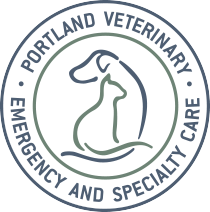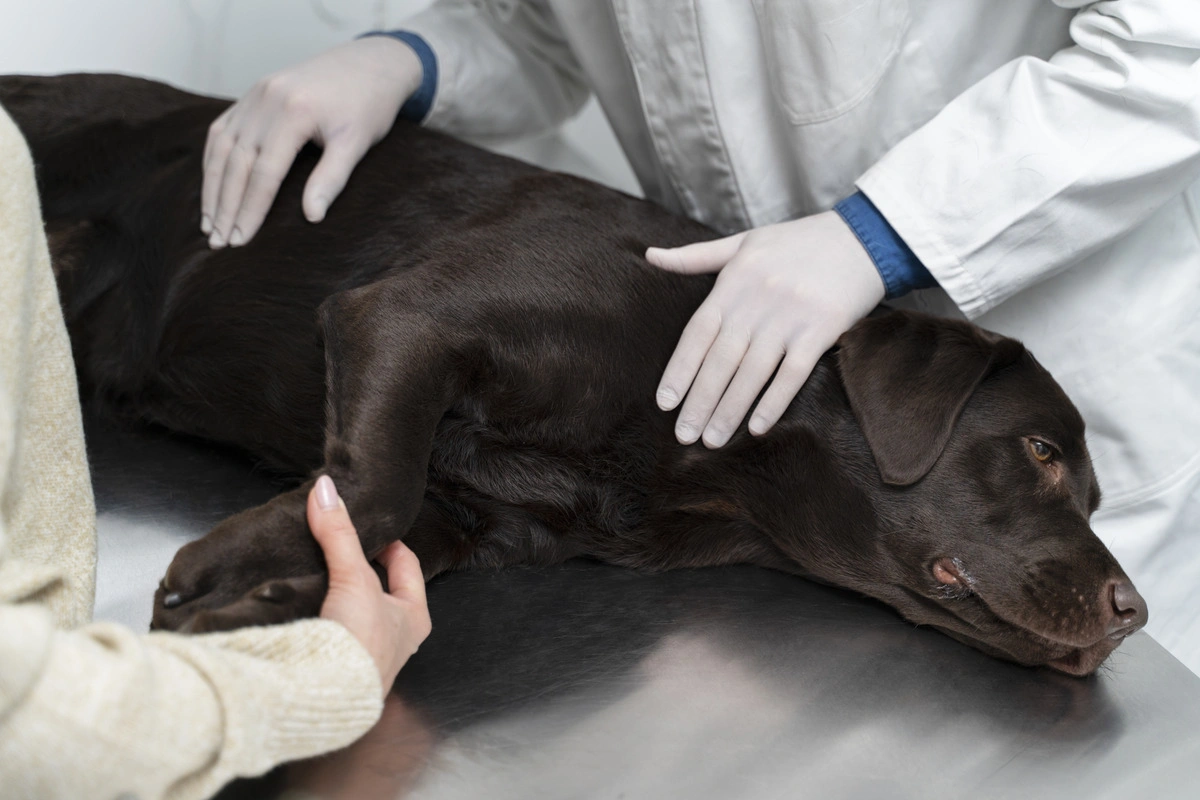How Soft Tissue Surgery Benefits Dogs: Portland Vet Surgical Center
As pet lovers, we understand how much our furry companions mean to us. Regarding their health and well-being, nothing matters more than ensuring they receive the best care possible. Sometimes, standard treatments aren't enough, and surgical intervention becomes essential. Soft tissue surgery for dogs in Portland addresses various critical health...
Read More
